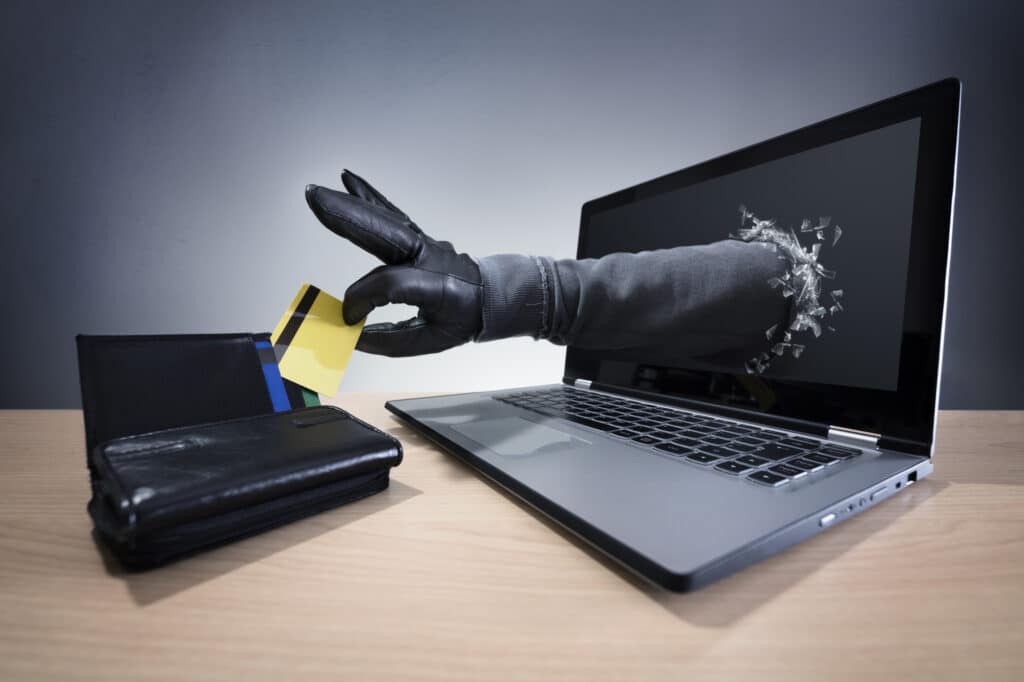-
May 2, 2022
Identity Theft ……

Identity Theft ……
When someone impersonates you and spends your money, this is known as identity theft. Thieves gather enough personal financial information about you to persuade others that you are who they say you are. They could drain your bank accounts, rack up massive credit card debts, steal your tax returns, collect unemployment benefits in your name, or sell your home out from under you. Identity theft is defined as when someone uses your personal or financial information without your consent, according to the Federal Trade Commission (FTC), which works to prevent and prosecute it. It’s possible that it’s your name, address, and the following phone numbers:
- Debit or credit card
- Access to a bank account
- Social Security benefits
- Account for medical insurance
These figures and details can be found:
- Your documents, as well as those of firms with whom you do business, medical practices with whom you have a patient relationship, and governments to which you pay taxes. These records are not appropriately stored or destroyed. After that, someone gathers the information and either utilizes it or sells it to someone else.
- Incorrectly discarded hard drives by you, a business, a government agency, a hospital, an accounting firm, or a law firm. A hard disk that has been removed from a computer but not physically destroyed could be recovered, and the data could be viewed by others.
- Your financial information is stolen from a computer or computer network that you own, or that a corporation, nonprofit, or government owns. Information from un-shredded papers or improperly deleted hard drives could aid hackers in breaking into the system.
What Should You Do to Protect Yourself, According to Law Enforcement? Documents Should Be Shredded
The first step in protecting oneself, according to the FTC, is to store financial records, Social Security and Medicare cards, and any other documents containing personal information in a secure location. According to the FTC, “when you decide to get rid of those documents, shred them before you throw them away.”
How to Recognize If You’re a Victim and What to Do About It
When doing any type of financial transaction online, use a strong password (even one generated by a computer) and, if possible, multi-factor authentication. If scammers have your username and password, this gives an extra layer of security. It adds an extra layer of security by requiring two or more credentials to access your account.
You should keep an eye on your bank accounts to catch any fraudulent transactions or withdrawals. If you come across one, report it to the banking institution and the police department in your area. To prevent repeat thefts, you’ll need to make certain modifications. You may also be able to avoid financial responsibility for the items that were taken.
Shred documents containing financial information and destroy outmoded or unwanted computer hard drives to protect yourself, your clients, and your customers from identity theft.
Popular Posts
Helpful Resources
Interested in Shred Events?
Come be a part of one of Infoshred’s upcoming Shred Events! We provide a safe, eco-friendly way to dispose of your confidential paper documents. With easy-to-reach locations and convenient dates, we’re here to help you safeguard your information while giving back to local causes.



